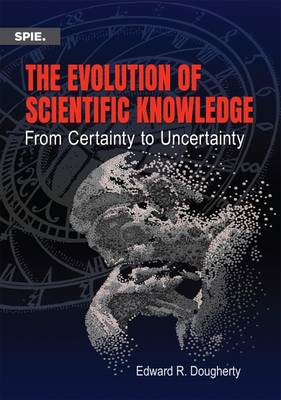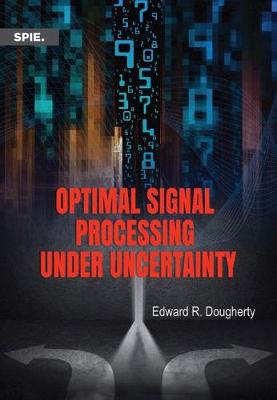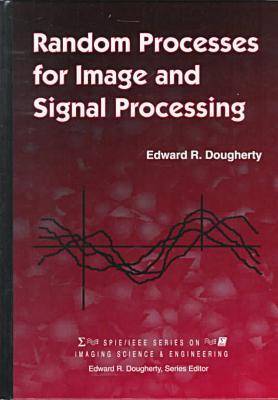Press Monographs
4 total works
This book aims to provide scientists and engineers, and those interested in scientific issues, with a concise account of how the nature of scientific knowledge evolved from antiquity to a seemingly final form in the Twentieth Century that now strongly limits the knowledge that people would like to gain in the Twenty-first Century. Some might think that such issues are only of interest to specialists in epistemology (the theory of knowledge); however, today's major scientific and engineering problems-in biology, medicine, environmental science, etc.-involve enormous complexity, and it is precisely this complexity that runs up against the limits of what is scientifically knowable. To understand the issue, one must appreciate the radical break with antiquity that occurred with the birth of modern science in the Seventeenth Century, the problems of knowledge and truth engendered by modern science, and the evolution of scientific thinking through the Twentieth Century. The book concludes by considering the impact of scientific uncertainty on the translation of scientific knowledge into means to alter the course of Nature- that is, the effect of uncertainty in engineering. It proposes a course of action based on integrating existing partial knowledge with limited data to arrive at an optimal operation on some system, where optimality is conditioned on the uncertainty regarding the system. As for a new scientific epistemology in which valid knowledge can be defined, that awaits the bold efforts of fertile minds enriched with the mathematical, scientific, and philosophic education required for such a quest.
Enhancement and Restoration of Digital Documents
by Robert P. Loce and Edward R. Dougherty
Published 30 April 1997
A guide to digital document enhancement and restoration. Topics addressed include: the language and working definitions of the field; industry practices; the document image class; logic-based image processing; and algorithms for performing enhancement and restoration.
In the classical approach to optimal filtering, it is assumed that the stochastic model of the physical process is fully known. For instance, in Wiener filtering it is assumed that the power spectra are known with certainty. The implicit assumption is that the parameters of the model can be accurately estimated. When models are complex or parameter estimation is difficult (or expensive), this assumption is unwarranted. With uncertain models, the natural solution is to optimize over both the original objective and the model uncertainty, thereby arriving at optimal robust operators, the topic of this book. The book also addresses the correlated problem of optimal experimental design: determining the experiment to perform in order to maximally reduce the uncertainty impacting the operational objective. Model uncertainty impacts a wide spectrum of disciplines: engineering, physics, biology, medicine, and economics. This book aims to provide the reader with a solid theoretical background to the state-of-the art in treating a problem that is only going to grow as our desire to control and make decisions regarding complex systems grows, and to do so by considering a broad set of topics: filtering, control, structural intervention, compression, classification, and clustering.
Probability theory; random processes; canonical representation; optimal filtering; random models.



